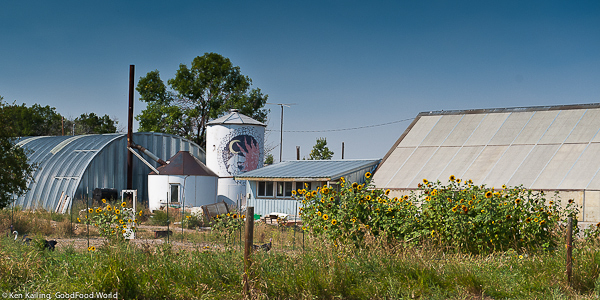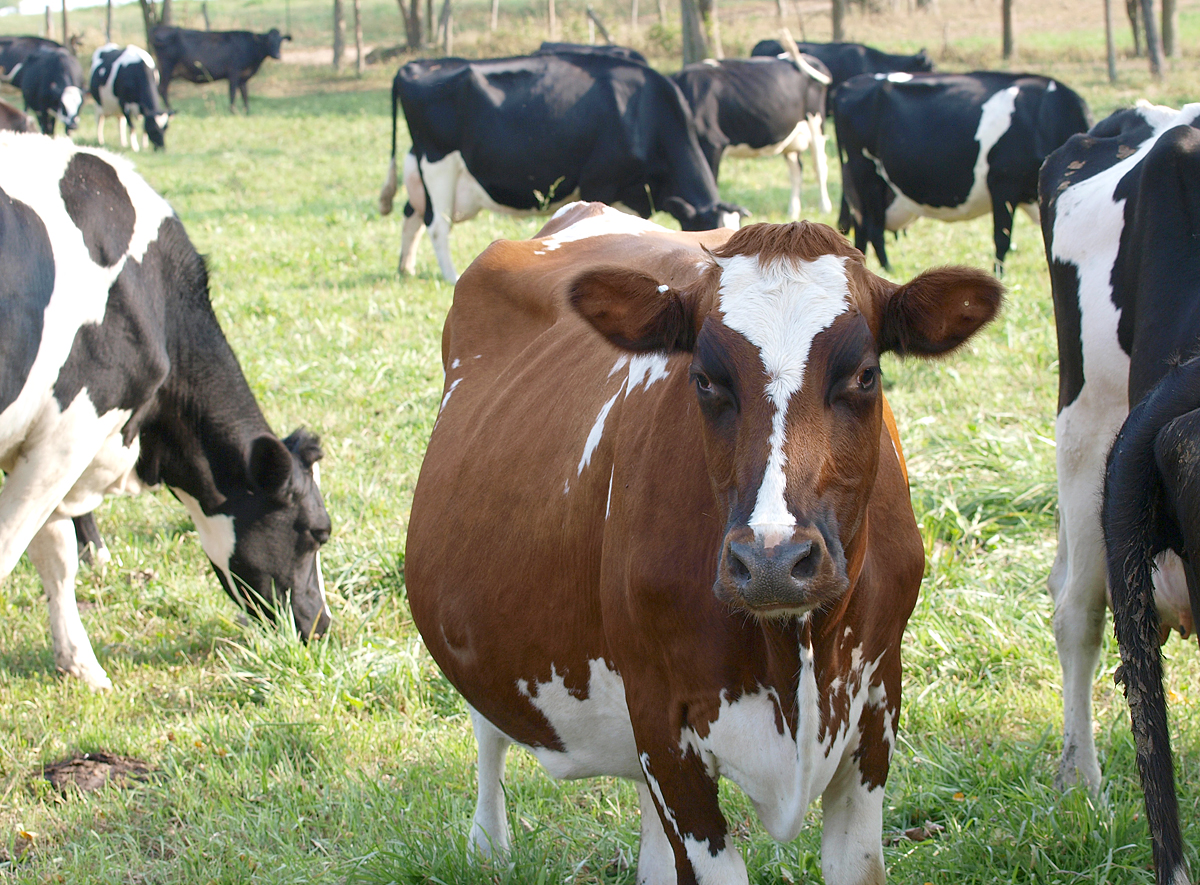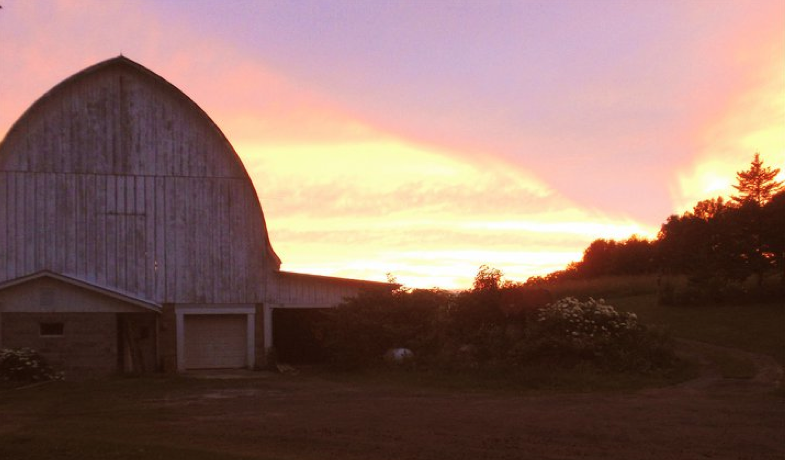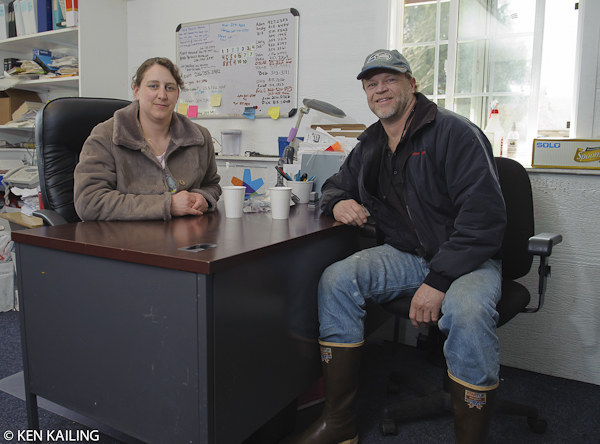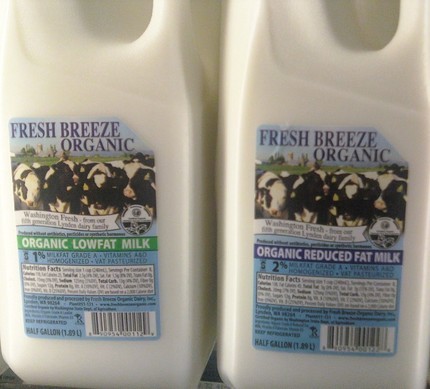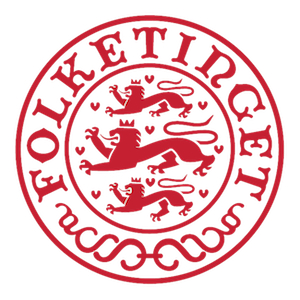Local, Direct, Sustainable, Organic – One Farmer’s Delivery Dilemma
Farming north of the 48th parallel means short growing seasons and long winters. Raising meat animals rather than produce in the North means having products available for delivery almost year round. Yet when your nearest big market is 250 miles away, making winter deliveries can be hazardous.


